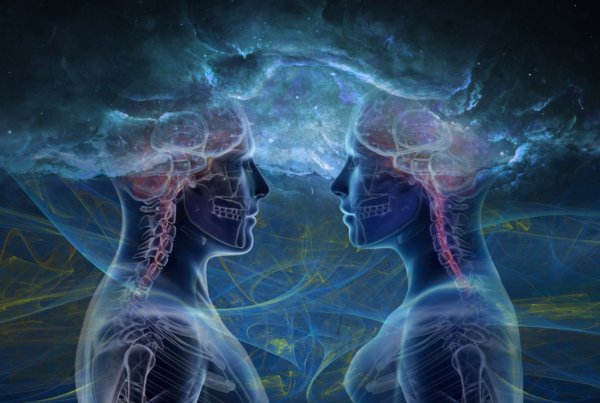“How do you forgive someone who hurt you badly?” Asked someone at my seminar. “Give us an example” I asked. She told a heartbreaking story about being a battered child, growing up with a drunk and sexually abusive father, until at 17 she managed to leave and start a new life.
Is it really a new life? not exactly. The old memories haunt her and she can’t to forget the past. “I will not forget or forgive him! He ruined my life! ” She finished angrily.
There was silence in the room, and apparently, everyone in attendance was thinking about their own life and the people who had hurt them.
Let’s talk about forgiveness. In Judaism we have a whole holiday, perhaps the most important holiday, Yom Kippur. We ask for forgiveness from the people we’ve hurt and ask God to be forgiven for our own wrong doing.
We are also supposed to forgive, that is, to give forgiveness, to people who ask it from us. What is so important about forgiveness?
An old Chinese proverb teaches that when you hold someone by force, let’s say by their wrist, and not let them go, you are actually a prisoner just like they are.
When we refuse to forgive, we have the illusion of power over the other “punish” them, cut the communication with them, get angry with them and so on.
But this is just an illusion. I’m actually punishing myself. Whenever we refuse to forgive, we invest energy only to keep alive the energy of jealousy / hatred / insult/ anger / hurt alive.
Just like a camp fire that needs to be fed by logs, to keep burning. Whose logs? Mine. Who loses energy in the process? Me.
This is exactly the paradox: if I hate someone, why should I waste my energy on them? And this is the great power of forgiveness: I am setting myself free.
Is it worthwhile for me to forgive? Definitely! The gains are huge. So how the hell do you do that? After all, we are hurt and angry!. One way is to try to put yourself in the other person’s shoes.
For example: the beating father was probably was a battered child, and the only way he knows how to communicate is by beating.
Another example is someone who complains that their mother has never showed them love. If they dig a bit in the family history, they may realize that the single mother was very busy providing for her children, and did not have time and energy to give them more the than the bare necessities.
Once we stop taking things personally and see the big picture, the road to forgiveness opens. If we expand the canvas towards mysticism, we will remember that everything is learning a experience, the purpose of which is to help us improve our traits.
There are many success stories of rags to riches, of people who started in the streets and clawed their way up. As Nietzsche, the German philosopher, said: “What does not kill you – makes you stronger!”
Let’s make peace with the past, close that chapter and start anew. Remember: we all do the best we can with what we know at that moment. That includes the people who hurt us as well!


